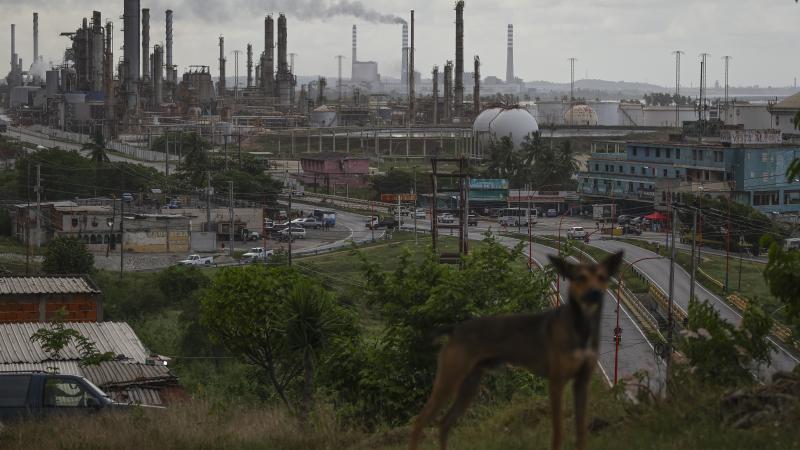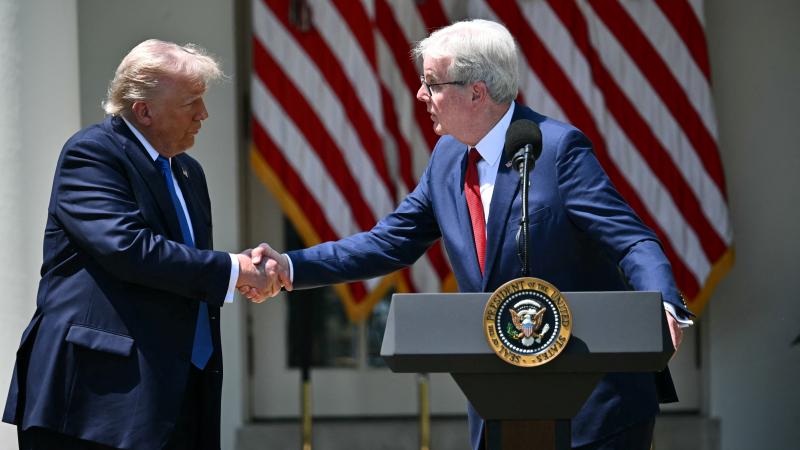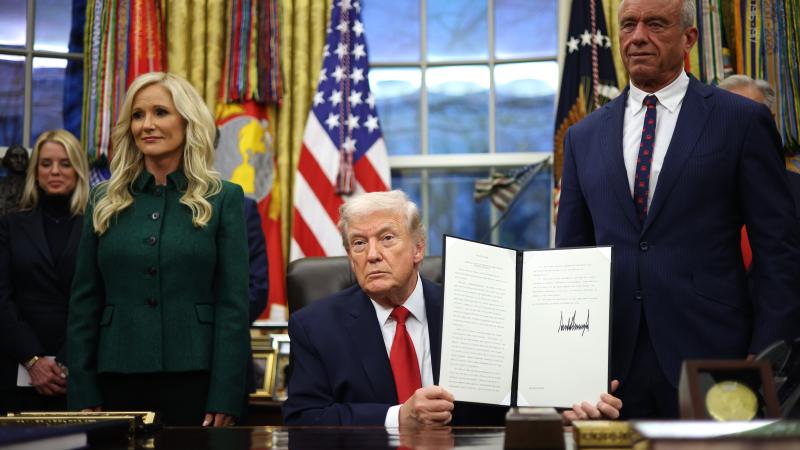Washington truckers say state should put the brakes on EV transition
A state law requires 100% of the state’s fleet "to the extend determined practicable" be electric or use biofuel by 2015.
Washington state is working on efforts to transition the transportation sector away from fossil fuels and towards electrification. However, trucking industry advocates say state officials need to pump the brakes on those plans due to what they argue amounts to a logistical and practical nightmare.
“It’s just not going to work,” Washington Trucking Associations President Sheri Call told The Center Square.
A variety of state laws are guiding the Electric Vehicle Council’s transportation electrification strategy, which is in the process of being finalized before submission to the state Legislature. Those laws call for a ban on the sale of new gasoline vehicles starting in 2035, and sets aggressive carbon emission reduction goals of 45% below 1990 levels by 2030. Yet, the EV Council has already conceded that even under the TES the state will fail to meet its 2030 goals.
The state is already having problems achieving other environmental objectives, including electrifying the state’s vehicle fleet. According to a recent King 5 expose, of the 2 million gallons of fuel purchased by state agencies between October 2022-September 2023, 98.8% of it was gasoline or diesel. Just 1% of that fuel was electric.
Meanwhile, a state law requires 100% of the state’s fleet "to the extend determined practicable" be electric or use biofuel by 2015.
Among the many problems Call sees with electrifying the trucking fleet is charging them, saying that it takes 90 minutes if hooked up to a direct current fast charger. By comparison, it takes 10-20 minutes to refuel a gasoline or diesel truck.
“We only have 10 hours a day we can be on duty,” Call said. “If you’re talking about a truck that is traveling state to state or interstate, stopping for a two-hour break to fuel is unacceptable. Trucks are doing anywhere from 100-500 miles a day. If we’re talking 160 mile range, you’re having to stop three times to spend 90 minutes each time to fuel.”
Aside from safety concerns if a truck fails to recharge properly and fails in harsh weather conditions, she added that all this assumes the infrastructure is in place to allow trucks to recharge. While Washington will require three million charging ports by 2035, there are roughly 4,600 public ports available.
“We have states that aren’t going to be installing them,” she said. “We can’t operate these [EV] trucks across state lines. "Out-of-state trucks are exempt from cap and invest, exempt from the low carbon fuel standard.”
The estimated lifespan of 130,000 miles is also an issue, as trucks typically drive 45,000 miles a year. The battery lifespan decreases when operating in extreme temperatures or terrain.
Recent decisions by automakers such as General Motors to halt production on EV trucks is a sign that the market isn’t ready for them, Call said. Ford had an internal corporate goal of producing 600,000 EVs a year, but has now pushed it back to 2024.
“Transitioning to zero emission vehicles is causing a huge amount of concern,” she said. “It’s going to add cost for consumers if we reduce our capacity. We all kind of saw the shortcomings of the industry during the pandemic when we had supply chain issues, and it had to do with not enough trucks, not enough drivers.”















